(NLDO) - The "mother" object of the planets that Earthlings most expect to find life on could be a monster.
Publishing research in the journal Monthly Notices of the Royal Astronomical Society, a research team led by the Institute of Astronomy of the University of Hawaii (IfA - USA) warned that planets orbiting red dwarf stars may have been deprived of life.
That's because red dwarf stars — the coolest and smallest type of star — are much scarier than they look.
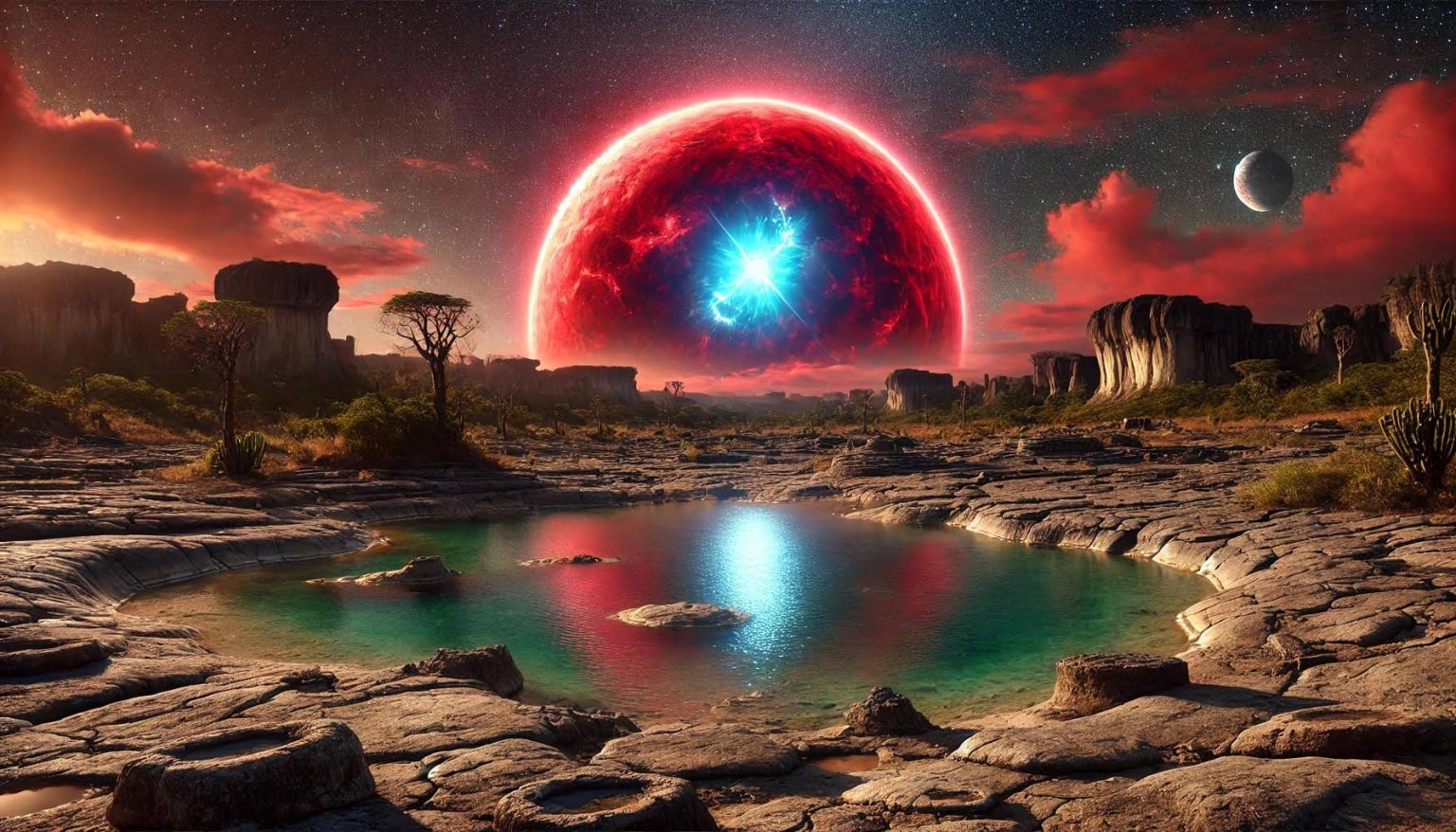
The closest habitable exoplanets to us, such as Proxima b, could be in danger from their parent star - Graphic: UNIVERSITY OF HAWAII INSTITUTE OF ASTRONOMY
It has previously been noted that a small number of red dwarfs are violent, capable of producing ultraviolet bursts powerful enough to damage planets.
Now, the team finds that it's more common and more severe than we thought.
They used archival data from the GALEX space telescope to search for flares among 300,000 nearby stars.
GALEX is a now-defunct NASA mission that observed most of the sky in near and far UV wavelengths from 2003-2013.
Using new computational techniques, the team extracted novel insights from the data.
The UV radiation emitted by stars in general can erode the atmospheres of planets around them, threatening their ability to support life or, conversely, contribute to the formation of RNA building blocks, which are essential for life.
Unlike Earth, the amount of UV radiation that planets around red dwarfs receive is excessive.
That's 3-12 times more energy than what life needs, which is destructive.
The exact cause of this stronger far-UV emission is still unclear, but the team suggests it is due to the different composition of red dwarfs compared to the Sun.
So, despite being much smaller and cooler than our parent star, red dwarfs are deadly.
Unfortunately, red dwarfs are the most common type of star in our Milky Way galaxy.
Many of the exoplanets that astrobiologists most expect to harbor life unfortunately also have red dwarf "parents".
One example is Proxima b (Proxima Centauri b) orbiting the red dwarf star Proxima Centauri just 4.2 light years away, where some research teams have expected to host abundant marine life.
That would be bad news for astrobiologists, even though the data is important for helping us more precisely localize worlds that have the potential to support life.
Source: https://nld.com.vn/tin-xau-cho-hanh-tinh-co-the-co-su-song-gan-chung-ta-nhat-196240818091659009.htm








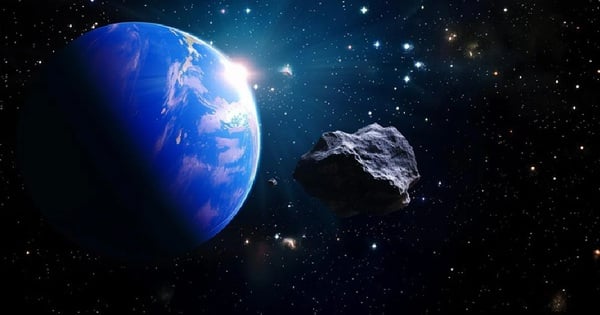

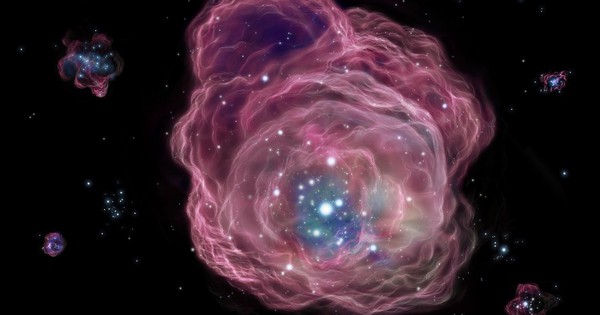





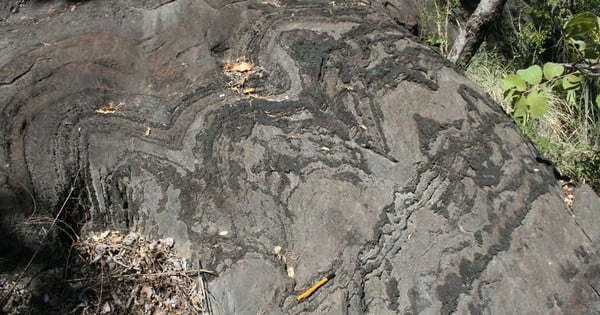


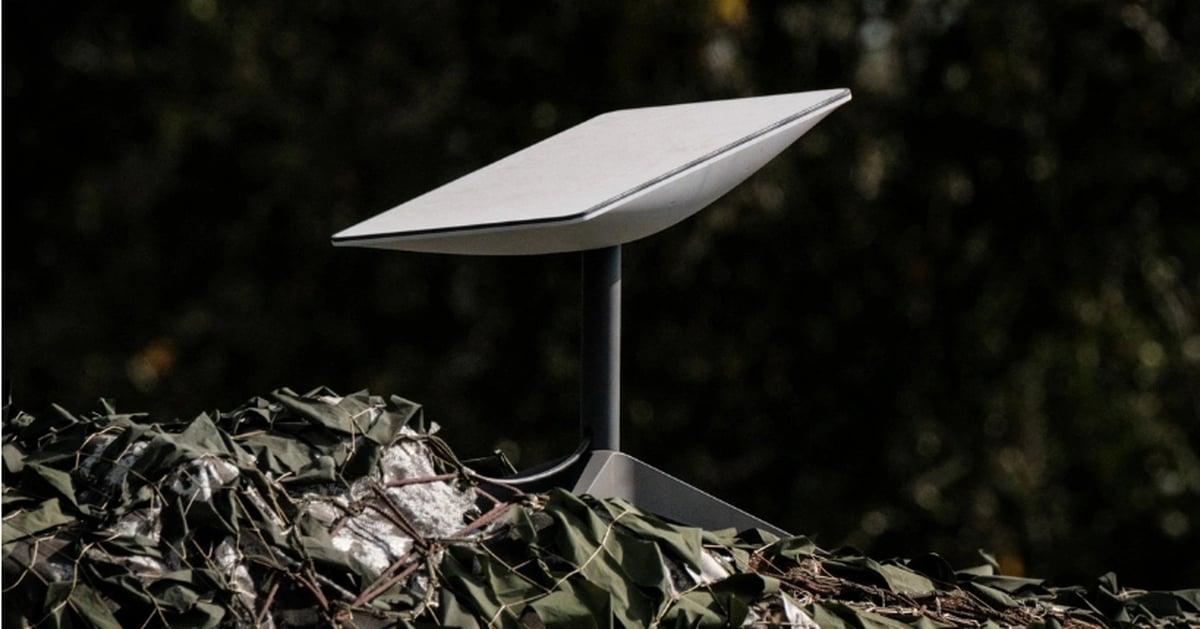
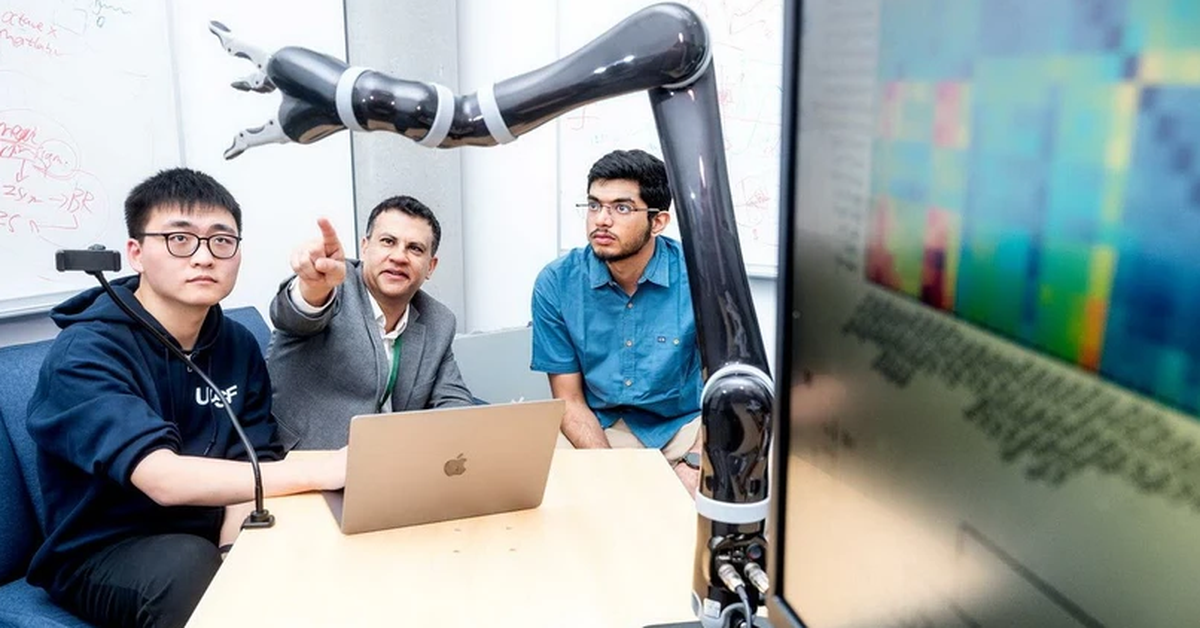
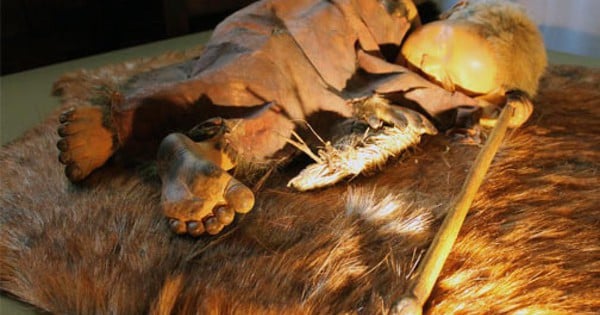








































































Comment (0)